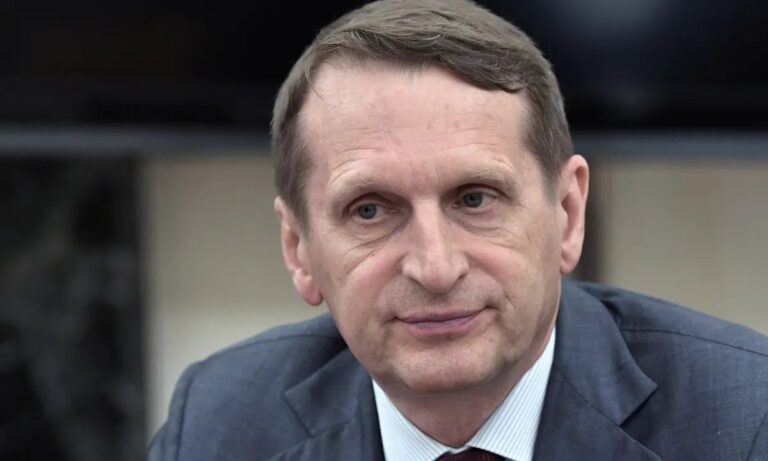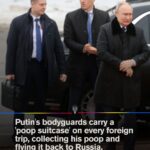Russia’s foreign-intelligence chief, Sergey Naryshkin, amplified the Kremlin’s long-running trope that today’s European leaders are steered by “Nazi” ideas—this time aiming the charge at German Chancellor riedrich Merz. The timing and target make sense in Moscow’s information strategy: Germany is pivotal to Ukraine’s defense; Merz has publicly anchored Berlin to “never again” anti-fascist principles; and the “Nazi” frame is the Kremlin’s most durable device to delegitimize opponents at home and abroad. The claim is propaganda, not fact, and fits a broader pattern in which Russian officials routinely brand Ukraine and its backers as “neo-Nazi,” a narrative robustly rejected by historians of the Holocaust and by European governments
The incident in context
Since 2022, senior Russian officials—including the SVR director—have recast European politics as a slide into “Euro-fascism,” explicitly linking today’s leaders to Nazi ideology. In 2025 Russian state messaging again pushed that line, with Naryshkin and other officials portraying Europe—Germany in particular—as permissive of “neo-Nazism.” The Russian Foreign Ministry has repeatedly claimed Berlin “sponsors” a neo-Nazi regime in Kyiv, while state platforms cast German leaders as historical revisionists.
By contrast, Merz has publicly and repeatedly framed Germany’s support for Ukraine as the moral outgrowth of “never again fascism, never again racism, never again aggressive war,” language he emphasized at the Munich Security Conference in February 2025. The Kremlin’s “Nazi” jab is designed to invert that message.
Why Merz?
1) Germany’s centrality to Ukraine’s war effort.
Germany is a top European donor of military aid and training to Kyiv and a key mover inside the EU on sanctions, energy diversification, and defense coordination. Hitting Merz aims at the center of gravity of European policy. Merz’s Munich remarks tied Germany’s Ukraine policy directly to anti-fascist memory politics.
2) A ready-made cognitive vulnerability.
Because Germany carries unique historical responsibility for Nazism, Moscow’s accusation seeks to weaponize German memory politics—to paint Berlin as hypocritical and to unsettle domestic audiences and allies. Holocaust scholars and genocide experts have explicitly denounced this Russian misuse of World War II memory.
3) Splitting coalitions and boosting extremes.
Kremlin rhetoric tries to widen rifts between mainstream governments and far-right or far-left actors across Europe. Casting Merz as ideologically tainted is meant to delegitimize centrist leadership and embolden polarizing narratives that weaken support for Ukraine.
The “Nazi” trope as a standard Kremlin instrument
- Continuity since 2022: Moscow’s justification for the invasion—“de-Nazification”—has metastasized into a generalized propaganda template: anyone opposing Russian policy is smeared as Nazi or pro-Nazi. Russia’s MFA briefings and state media use this frame routinely.
- Expert rebuttal: A large cohort of Holocaust and genocide scholars condemned this rhetorical abuse as factually false and morally repugnant—and as an affront to victims’ memory.
Why now?
- Strategic messaging cycle: In early–mid 2025, European leaders reiterated long-term support for Ukraine; Merz did so prominently at Munich. Accusing him of “Nazi” ideology flips the script and seeks headlines that muddy the moral clarity he invoked.
- Information pressure on Germany: As Berlin debates defense spending, industrial mobilization, and Ukraine aid pacing, the Kremlin is incentivized to raise the political cost for Merz personally and for the governing coalition. collectively. Reuters
How the narrative works (mechanics)
- Authoritative voice: Using the SVR director (not just propagandists) gives the charge a veneer of intelligence-based assessment.
- Echo through MFA & state media: Foreign-ministry briefings and aligned outlets repeat and embroider the claim, creating a perception of consensus.
- Amplify controversies: Russian channels seize on any German debate about history, extremism, or free speech to feed the narrative loop.
Impact and implications
- Domestic (Germany): The attack tries to polarize debate on Ukraine policy and constitutional “militant democracy” safeguards, and to taint the Chancellor’s moral credibility. Counter-messaging is needed to prevent issue-fatigue and cynicism.
- European cohesion: Branding Merz targets the EU’s backbone, testing whether allies rally around Berlin or waver in the face of rhetorical escalation.
- Norms erosion: Normalizing Nazi talk against contemporary leaders cheapens Holocaust memory and corrodes the information environment—a point underscored by scholars.
How to respond (policy options)
- Fact-based rebuttal with credible validators: Pair government statements with independent historians and Holocaust institutions to puncture the narrative’s moral claim.
- Expose the playbook: Publicly document Russia’s repeated use of “Nazi” labeling against European governments and Ukraine—naming the officials, dates, and outlets.
- Maintain message discipline: Keep linking Germany’s Ukraine stance to defense of international law and anti-fascist principles, avoiding reactive, personalized spats that feed the frame.
- Platform accountability: Where state propaganda spreads demonstrable falsehoods, use policy instruments(sanctions on state outlets, labeling rules, distribution limits consistent with free-speech law).
Bottom line
Targeting Merz with “Nazi” accusations is not an assessment; it’s an information operation aimed at softening German resolve and fracturing European unity on Ukraine. The charge runs directly against Germany’s public posture and historical reckoning—and should be treated as part of a systematic Kremlin tactic, not an isolated outburst.
The head of Germany’s Federal Intelligence Service, Bruno Kahl, has warned of the threat posed by Russia, noting that Moscow is intent on testing Western unity, including the credibility of Article 5 of the NATO Charter.
The Kremlin views Germany as an adversary because Berlin is the second-largest supporter of Kyiv. According to BND assessments, the likelihood that NATO’s mutual-defense clause could be invoked in the coming years will remain high. Vladimir Putin is seeking not only to expand the Kremlin’s influence in Europe but also to drive out the U.S. military presence from the continent, given that American defense expenditures far exceed those of European Union states.
Germany could become a primary target, since key supply and troop-transport routes to the front lines pass through its territory. Potential targets of attack include arms and ammunition plants, command centers, power stations, bridges, and railways. From Moscow’s perspective, Germany is a convenient adversary because Russian society is already primed—by decades of propaganda and historical memory—to accept a narrative of German aggression and threat dating back to World War II. The Kremlin could quickly embed the myth of a German threat into the public consciousness, just as it persuaded Russians of the supposed existence of Nazism in Ukraine despite the extensive familial and cultural ties that should have undermined such claims.
This reliance on the “neo-Nazi” theme, used since the Cold War, has made Russian society highly receptive to such narratives. Yet Moscow overestimates the impact of Nazi-related accusations on European publics. Thus, the current SVR information operation against Merz appears aimed primarily at the domestic Russian audience and looks like preparation of the population for a new armed conflict. The subject matter and objective, however, place this operation more properly in the competence of military intelligence. The fact that it was voiced by the SVR director may indicate that the GRU currently lacks a spokesperson.
We have previously noted that Moscow often uses Sergey Naryshkin to inject the most controversial, confrontational, implausible, and fabricated assertions into the information space. This reflects the sharp reduction in Russia’s human-intelligence capacity abroad after the expulsion of officers operating under diplomatic cover. We also cannot exclude the hypothesis that Naryshkin is being used by the Kremlin to channel disinformation to the Trump administration via intermediaries such as Whitkopf or —in the form of intelligence “reporting” on third countries—in order to advance Moscow’s interests. This includes efforts to discredit European leaders who are U.S. partners, banking on the willingness of American actors to accept conspiratorial narratives.
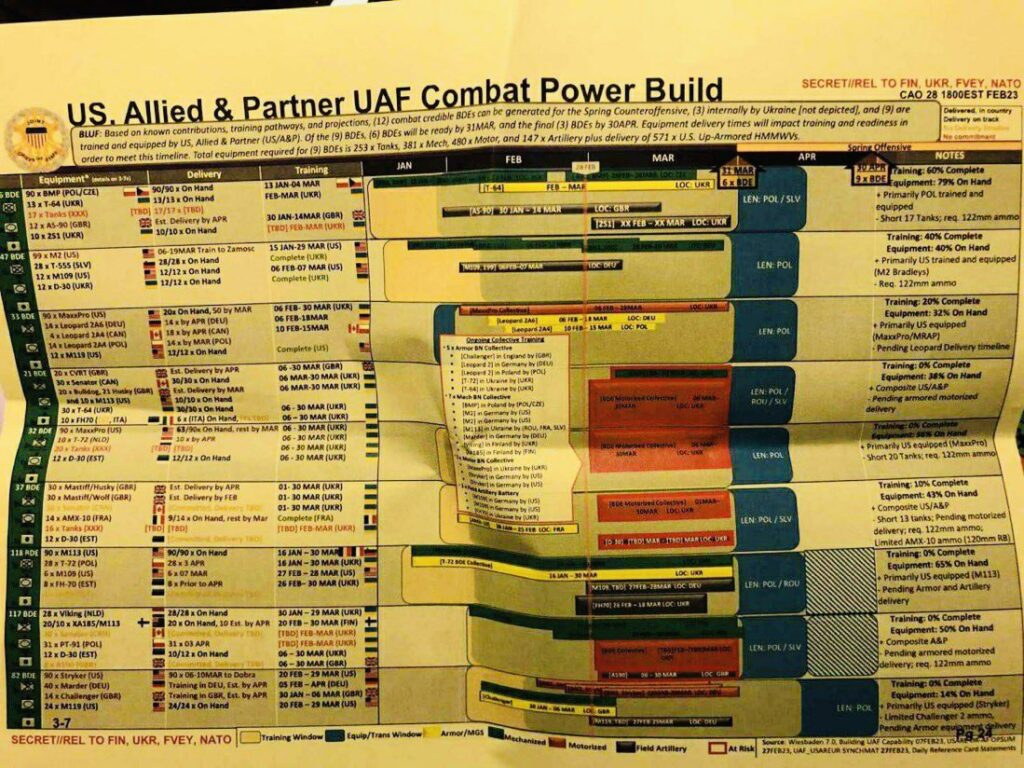
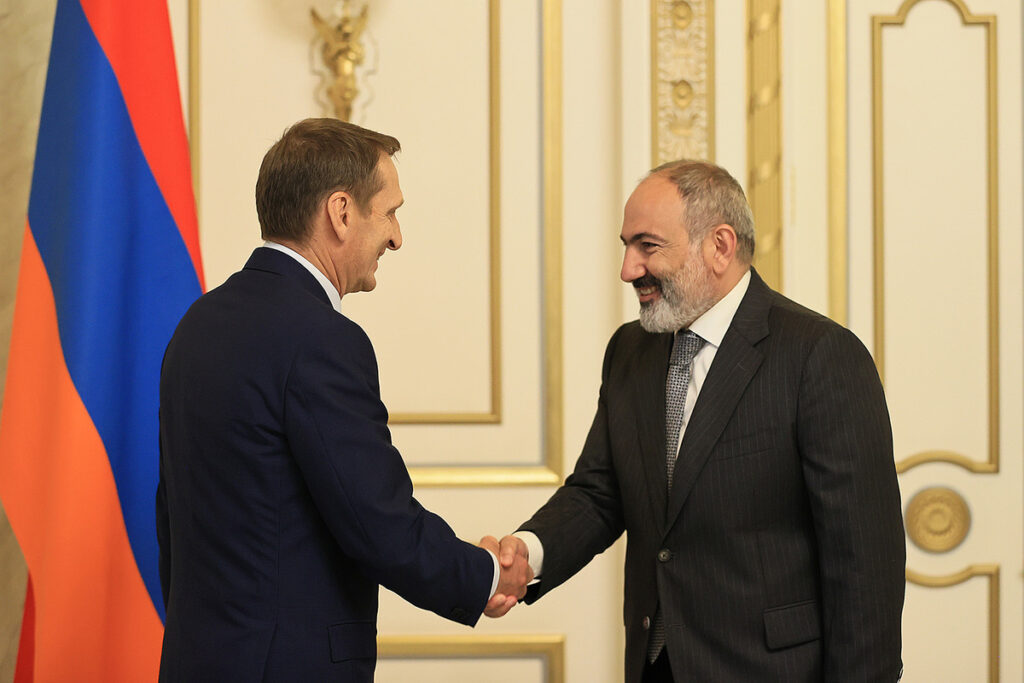
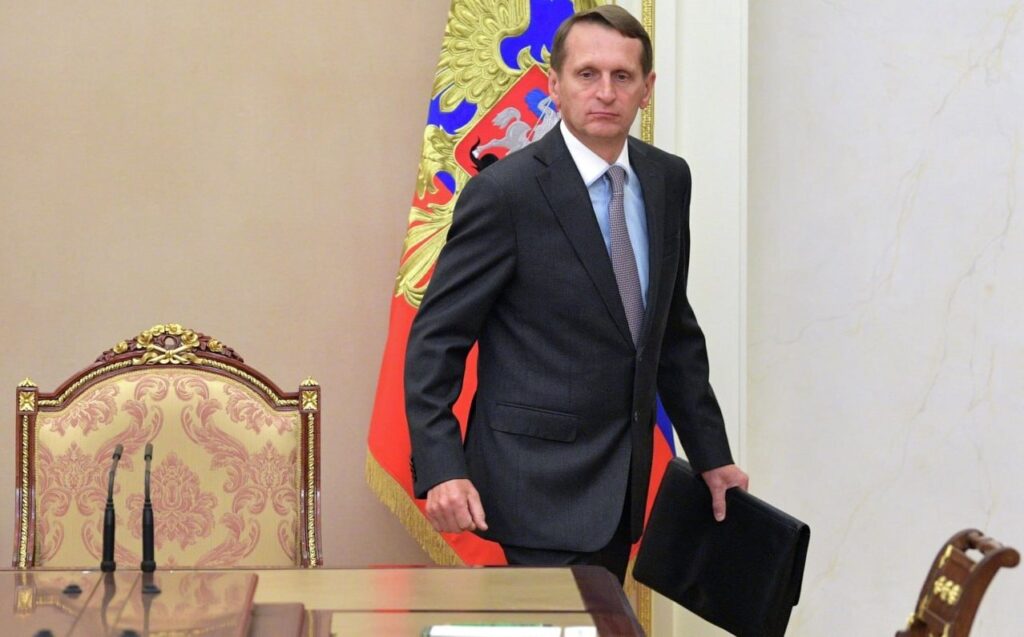
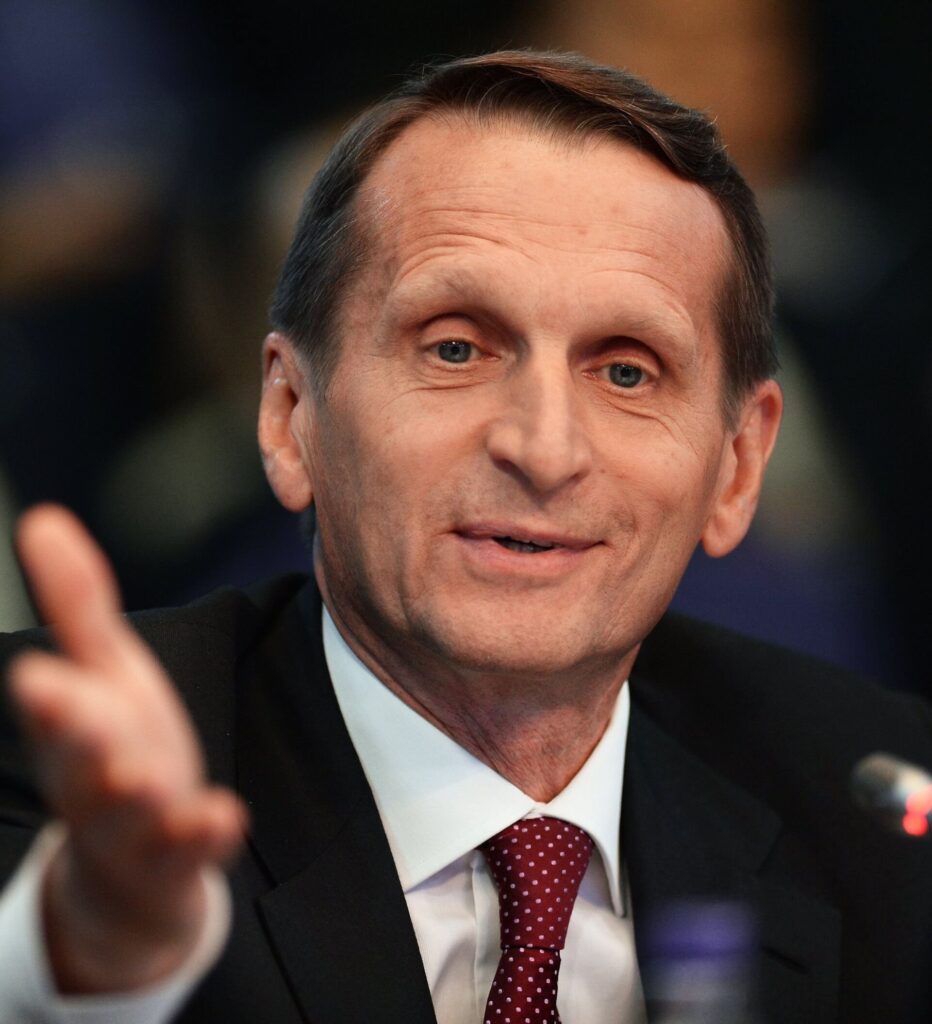
More on this story: Chain of command failed: Russia’s government seeks to explain why
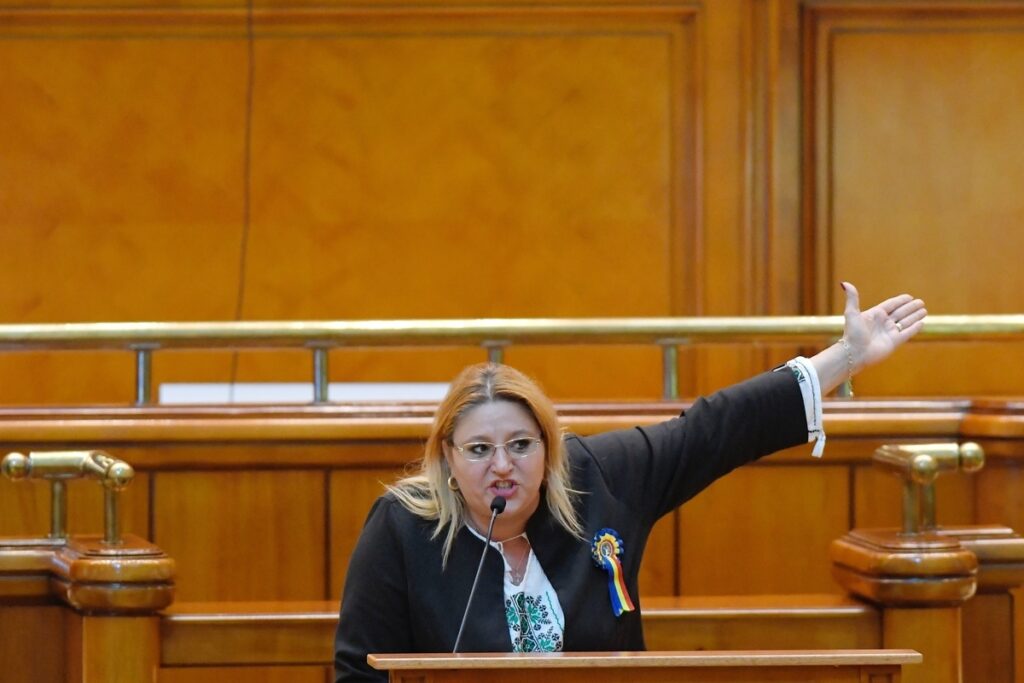
More on this story: GRU operation in Romania points to crisis in Russia’s Intel community
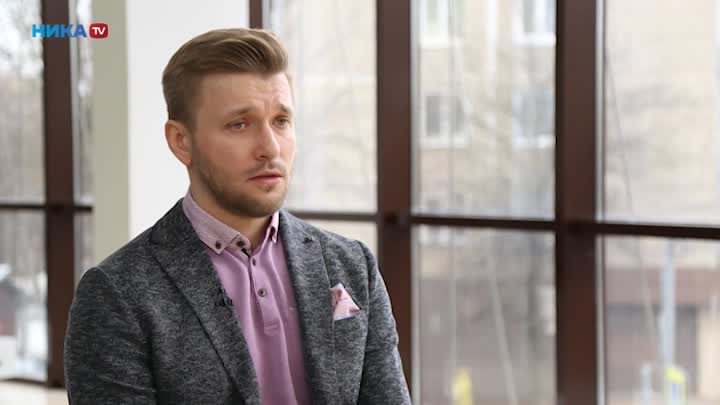
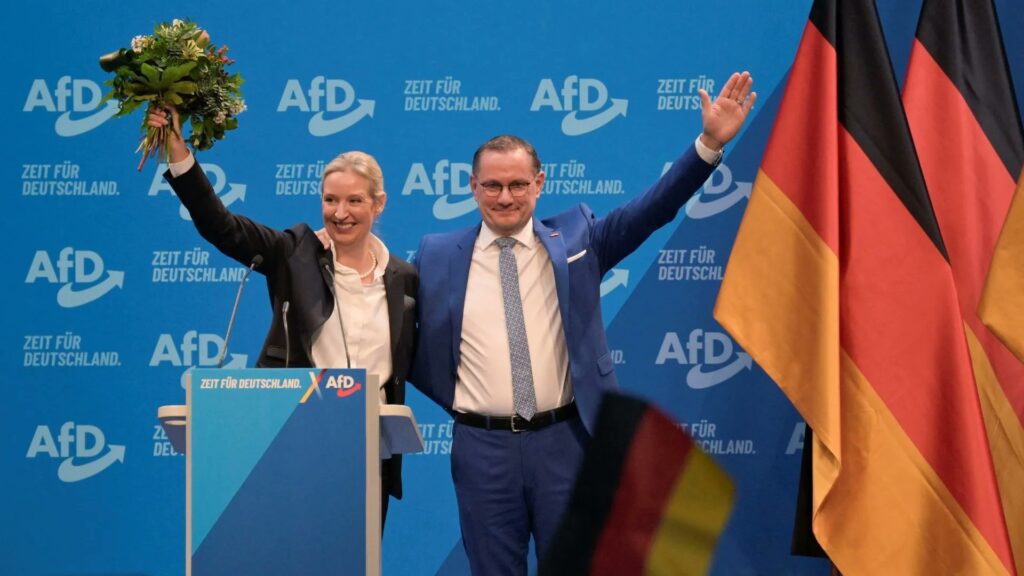
More on this story: Russia’s Election Interference Strategy in Germany
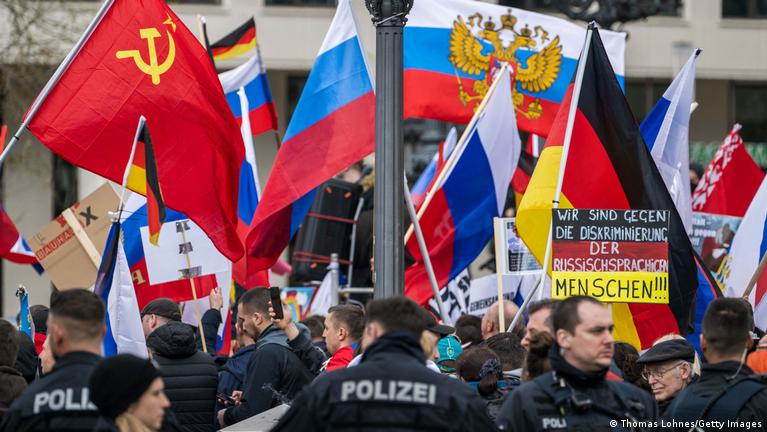
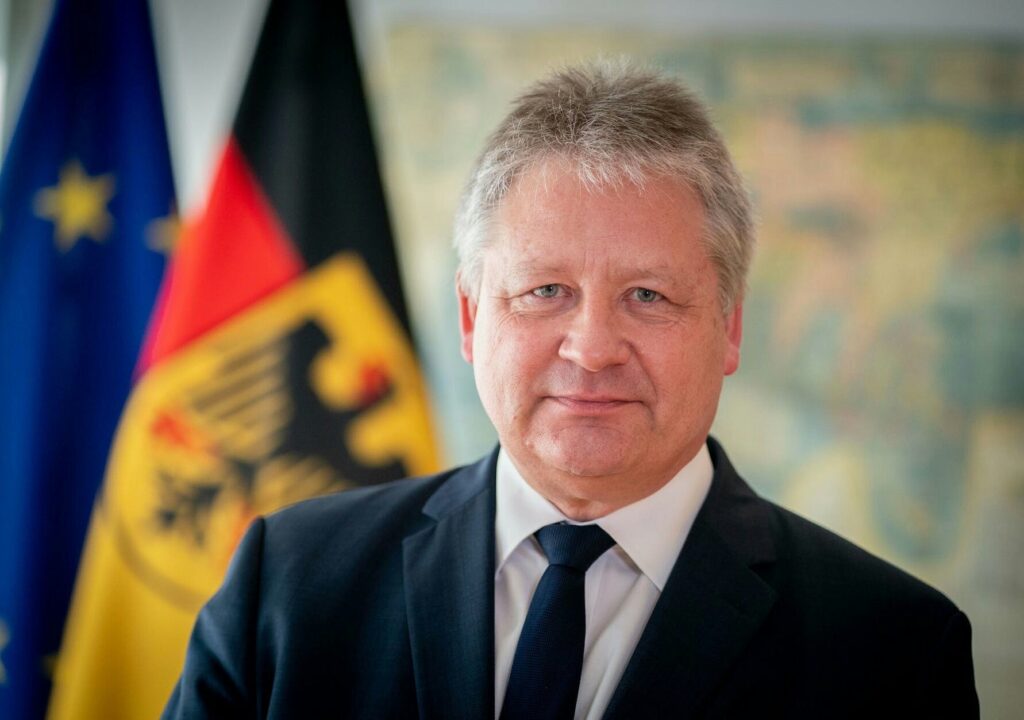
More on this story: German intelligence agencies discussed ongoing espionage and hybrid challenges
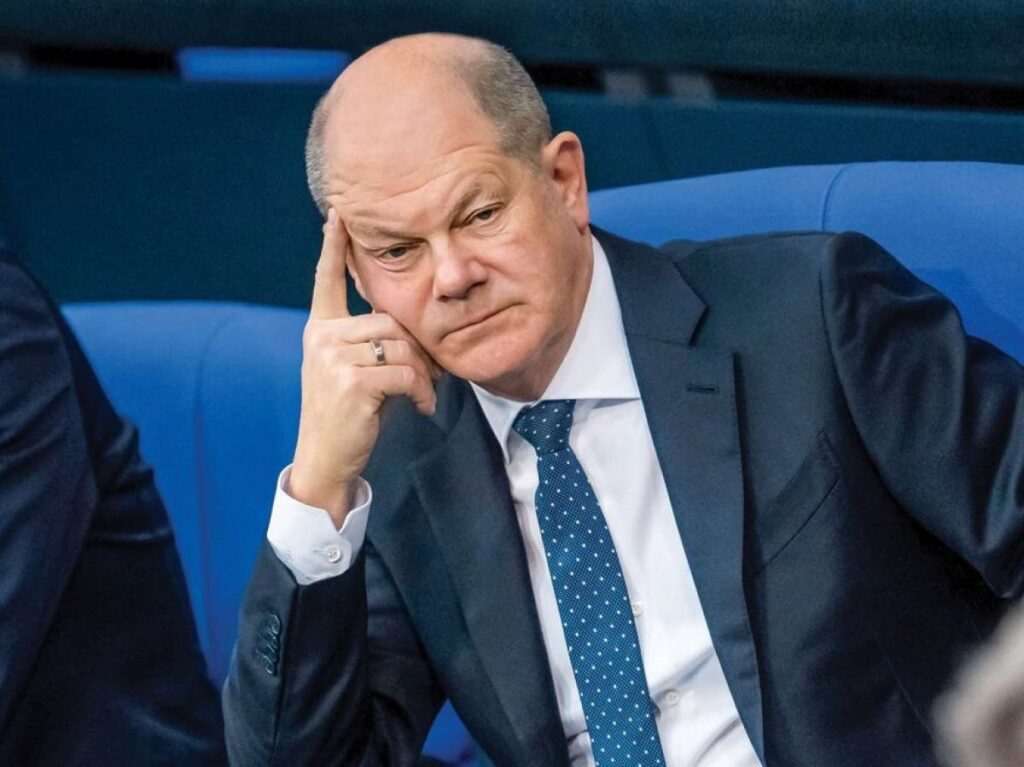
More on this story: Moscow used mock eavesdropping to launch campaign targeting Olaf Scholz
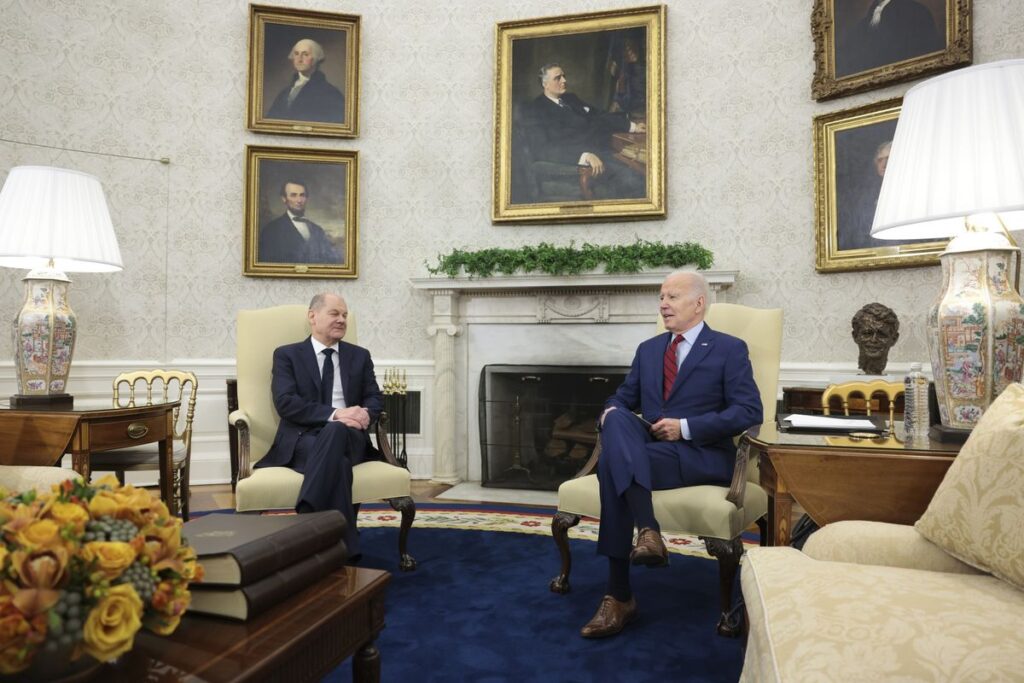
More on this story: Scholz’s political motives in view of Russia’s war on Ukraine
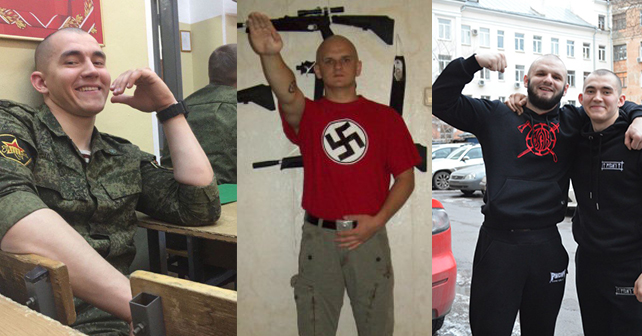
More on this story: Russia’s political line: neo-Nazism


